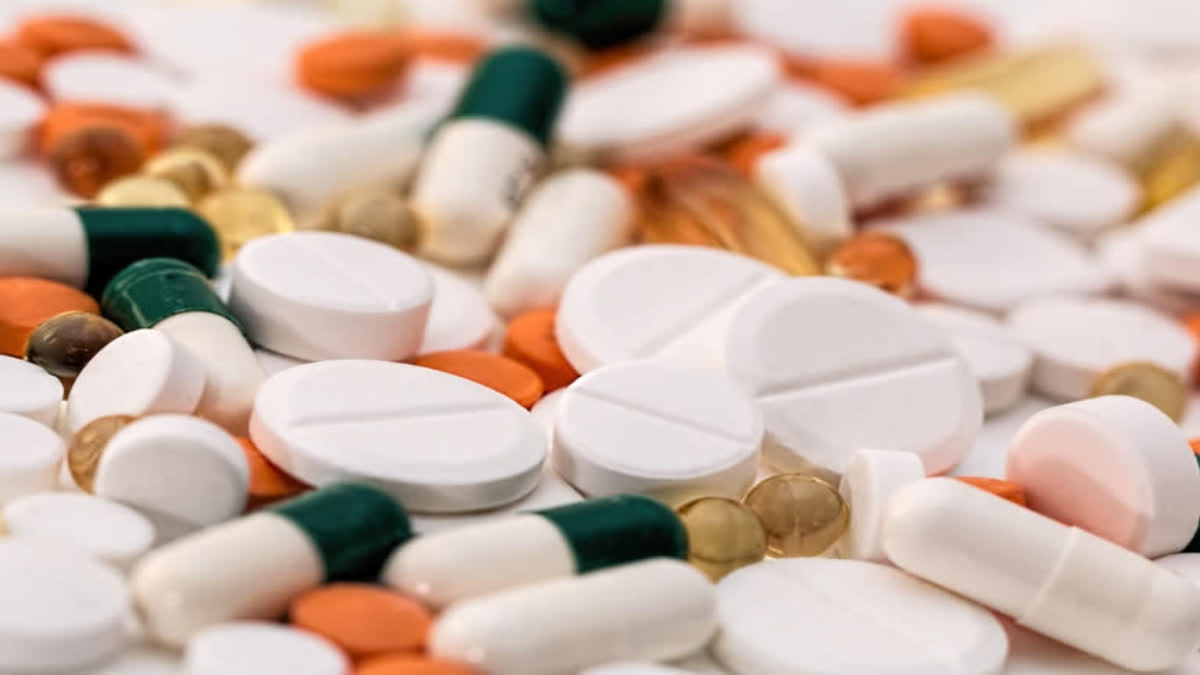New Delhi: In a bid to promote innovation and research in India’s pharma sector, the Central government will launch a Rs 926 crore Promotion of Research and Innovation in Pharma Med Tech Sector (PRIP) scheme in the second week of September. Announcing this in New Delhi on Tuesday, Health Minister Mansukh Mandaviya said that the scheme aims to transform the Indian Pharma MedTech sector from cost-based competitiveness to innovation-based growth by strengthening the research infrastructure in the country.
“The aim of the scheme is to promote industry-academia linkage for R&D in priority areas and to inculcate the culture of quality research and nurture our pool of scientists. This will lead to sustained global competitive advantage and contribute to quality employment generation in the country,” he said.
The scheme, which would be applicable to research and innovation for both human and animal health, will have two components that include strengthening the research infrastructure through Centres of Excellence (CoEs) in the seven existing National Institutes of Pharmaceutical Education & Research (NIPERs), Institutes of national importance under the aegis of the pharmaceutical department at a tentative cost of Rs 700 crore (including recurring and non-recurring cost) over a period of five years.
Under the scheme nine established pharmaceutical companies will be engaged in impactful research across six priority areas with prestigious government institutes. The government will financially support these projects with 35 per cent of total costs (up to Rs 125 crore) over five years, following a milestone-based benefit-sharing approach, advancing from TRL 1 to TRL 9.
Also read: Indian pharma sector will contribute more to domestic, global demand: Mansukh Mandaviya
“The focus shifts to rapidly bringing high-potential products and technologies to market. Thirty research projects in priority areas at TRL 5, progressing to TRL 9, will receive financial assistance of 35 per cent of costs (up to crore Rs 100 crore) over five years, following the benefit-sharing principle,” Mandaviya said.
He said that Indian startups and MSMEs in priority areas will receive funding to reach TRL 4. “Around 125 research projects with commercial potential will be selected. Funding of up to Rs 1 crore for each project over five years, following benefit sharing, will be provided from ideation to proof of concept, facilitating innovation and growth,” he said.
An Empowered Committee under the chairmanship of CEO, NITI Aayog with the secretary-level representation of Pharmaceuticals, Health, ICMR, DBT, CSIR, AYUSH and DST will provide guidance for the implementation of this ambitious scheme by the Department of Pharmaceuticals. Significantly, the Centre also announced a national policy on research and development and innovations in the pharma sector.
“The Union Cabinet in July has announced a total outlay of Rs 5,000 crore for both the initiatives for a period of five years from 2023-24 to 2027-28,” Mandaviya said. A high-level Task Force chaired by the Minister for Chemicals and Fertilizers is proposed to provide oversight and guidance for the implementation of the policy. The Task Force will draw upon resource persons from departments and organisations related to the implementation as the success of the policy requires coordinated action by several agencies.
“Industry-led advisory committees would be set up for continuous feedback on implementation of the policy,” he said. Mandaviya said that implementation of the policy and the new scheme would lead to increased drug security and availability, improvement of the overall healthcare index and reduced disease burden for India and other emerging economies and creation of high-end jobs in R&D and innovation among others.



